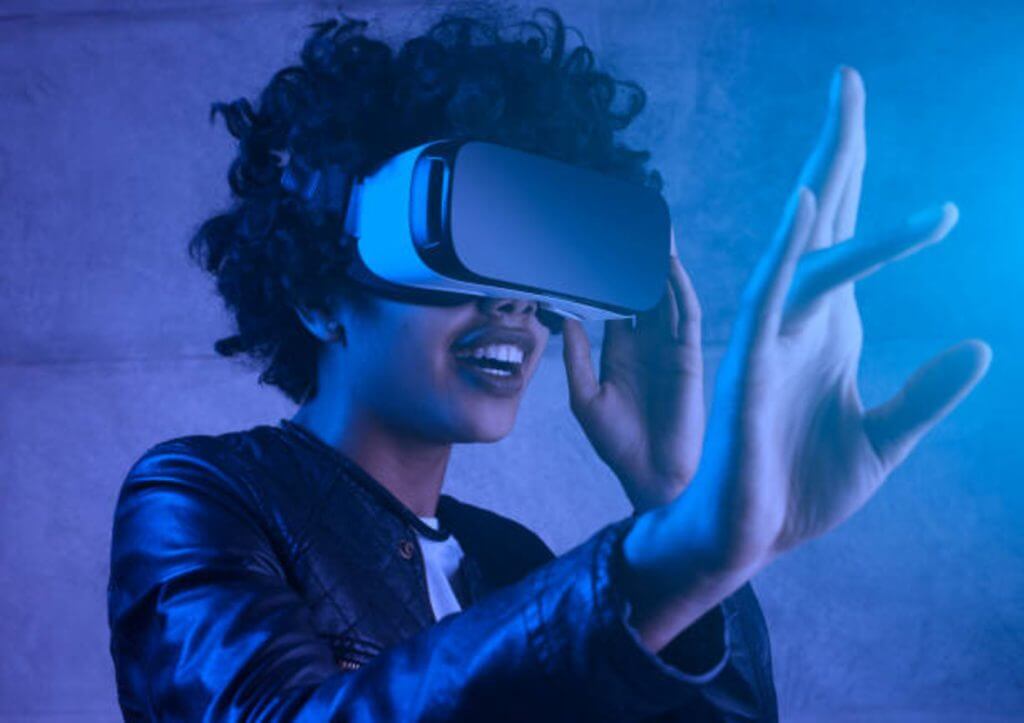
In the digital age, where attention spans are fleeting, and information overload is the norm, the power of visual content has emerged as a beacon for effective communication. Among the various tools in the visual storytelling arsenal, infographics stand out as dynamic, engaging, and incredibly versatile. In this exploration, we will delve into the captivating realm of visual content, with a particular focus on the artistry and impact of infographics, unraveling how they, along with other visual elements, have become indispensable in conveying complex messages in a world dominated by images.
The Visual Advantage
Beyond Words: The Rise of Visual Communication
Humans are inherently visual beings. The brain processes visual information faster than text, and visuals have a lasting impact on memory retention. As the digital landscape evolves, the demand for content that is not only informative but visually compelling has skyrocketed. From social media feeds to corporate presentations, the power of visual content is reshaping how information is consumed and remembered.
The Engagement Factor
Visual content boasts a remarkable ability to captivate audiences. Whether it’s an eye-catching image, an infographic packed with data, or an animated video, visuals have the potential to evoke emotions and convey messages with speed and precision. In an era where attention is a scarce commodity, the engagement factor of visual content becomes a strategic advantage for brands and content creators.
The Rise of Infographics
Unlocking Complex Information
Infographics, a blend of information and graphics, have emerged as a visual powerhouse for simplifying complex information. They transform data, statistics, and processes into visually digestible formats, making it easier for audiences to grasp intricate concepts. Infographics serve as a bridge between data-heavy content and audience comprehension, unlocking the potential to communicate intricate details effortlessly.
Versatility in Communication
The beauty of infographics lies in their versatility. Whether used in marketing materials, educational resources, or internal communications, infographics can adapt to various contexts. From step-by-step guides and timelines to comparison charts and statistical breakdowns, infographics provide a canvas for creative expression while ensuring the message is both impactful and accessible.
Crafting Compelling Infographics
The Art of Visual Hierarchy
A well-crafted infographic is a visual journey with a clear hierarchy. Visual hierarchy guides the viewer’s eye through the information, emphasizing key points and ensuring a seamless flow of understanding. Through strategic use of color, typography, and visual elements, designers can create a narrative that engages the audience and highlights essential details.
Balancing Aesthetics and Functionality
The allure of an infographic goes beyond its informative value; aesthetics play a crucial role. A visually appealing design enhances the overall impact of the message. However, striking the right balance between aesthetics and functionality is key. The design should complement the content, ensuring that the visual elements support the narrative rather than overshadowing it.
Interactive Visual Experiences
The Evolution of Infographics
As technology advances, infographics are evolving from static images to interactive experiences. Interactive infographics engage audiences on a deeper level, allowing them to explore content at their own pace. Features like clickable elements, animations, and embedded media enhance the user experience, transforming information consumption into an immersive journey.
Navigating Complex Narratives
Interactive infographics excel in navigating complex narratives. Whether used for storytelling, educational purposes, or product demonstrations, interactive elements empower users to delve deeper into specific aspects of the content. This level of engagement not only enhances understanding but also creates a memorable and enjoyable experience.
Beyond Infographics: The Visual Toolkit
Embracing Diverse Visual Elements
While infographics stand out as a formidable visual tool, the visual storytelling toolkit is far from limited. Images, videos, charts, graphs, and illustrations all contribute to a diverse array of visual elements that cater to different communication needs. Brands and content creators are increasingly embracing this diversity to convey messages effectively across various platforms.
The Power of Videos
Videos have become a dominant force in visual storytelling. From short, attention-grabbing clips to in-depth explainer videos, the versatility of video content is unmatched. Videos capture attention, convey emotions, and provide a dynamic platform for showcasing products, services, or ideas. In the evolving landscape of digital marketing, the power of videos is a force to be reckoned with.
Visual Content in Social Media
The Scroll-Stopping Effect
In the fast-scrolling world of social media, visual content reigns supreme. Infographics, images, and videos have the power to stop the endless scroll and grab the audience’s attention. Social media platforms are now optimized for visual storytelling, and brands that leverage compelling visuals can create a lasting impact in the minds of their audience.
Maximizing Visual Platforms
Platforms like Instagram, Pinterest, and TikTok thrive on visual content. These platforms offer unique opportunities for brands to showcase products, share stories, and connect with their audience on a more personal level. Leveraging the features of visual platforms allows brands to craft narratives that resonate in a visually saturated digital space.
The SEO Advantage
Visuals and Search Engine Optimization (SEO)
Visual content is not only a feast for the eyes but also a feast for search engines. Search engines appreciate a diverse range of content, including images and videos. Optimizing visual content for search engines with relevant alt text, captions, and file names can enhance a brand’s online visibility and contribute to a higher ranking in search results.
Infographics and Backlinks
Infographics, in particular, have a unique advantage in SEO. When well-designed and packed with valuable information, infographics are highly shareable. As they circulate online, they can attract backlinks from other websites, signaling to search engines that the content is authoritative and valuable. This not only boosts SEO but also extends the reach of the brand.
The Future of Visual Storytelling
Emerging Technologies and Virtual Reality
As technology continues to advance, the future of visual storytelling holds exciting possibilities. Virtual Reality (VR) and Augmented Reality (AR) are on the horizon, promising immersive visual experiences. Brands that embrace these emerging technologies can transport their audience into interactive and captivating visual narratives.

Personalized and Data-Driven Visuals
The future of visual storytelling is also marked by personalization and data-driven content. Tailoring visuals to individual preferences and behaviors enhances the relevance and impact of visual content. With the aid of data analytics, brands can create visuals that resonate on a personal level, fostering stronger connections with their audience.
In a world where information competes for attention, the power of visual content, especially infographics, has become a guiding light for effective communication. From simplifying complex data to creating immersive interactive experiences, the visual storytelling toolkit continues to expand. As brands and content creators navigate the evolving landscape of digital communication, the ability to harness the captivating allure of visuals is not just an option—it’s a necessity. Whether through infographics, videos, or emerging technologies, the artistry and impact of visual content are transforming how we consume, remember, and engage with information in the digital age.



